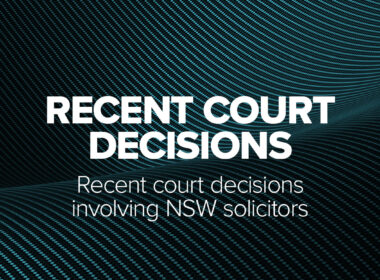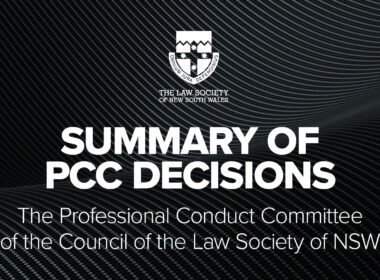As legal practitioners, our clients come to us to enable them to understand the law. They are then able to make informed decisions about their legal rights.
For many clients, this enabling requires great skill on our part. Often, it will be their first encounter “with the law”. There may also be capacity, educational, family or cultural dynamics making it harder for us to enable them to understand.
The case of Legal Minds P/L t/as Legal Minds v Ebsworth [2022] NSWSC 1420 saw the solicitor dealing with an elderly client of limited education, in poor health, and part of a family dynamic of mutual support. He attempted to enter into a costs arrangement with her. This particular arrangement would have made her liable for both her own and her sister’s legal fees, and provided him with security over her home.
As always, these cases turn on their own facts, but some issues to contemplate include:
- The solicitor acting for both the woman and her sister in both family law proceedings, where the woman was a respondent to the sister’s application, and debt recovery proceedings, where the woman was the guarantor of her sister’s borrowing.
- Personal costs orders being made against solicitors for ill-conceived proceedings.
- How far a solicitor needs to go in ensuring a client obtains independent legal advice before agreeing to a costs agreement or to the solicitor acting for parties with conflicting interests.
- A solicitor not being entitled to be paid if they act for parties with conflicting interests because it is a breach of the solicitor’s fiduciary duties.
- The implications of the Contracts Review Act 1980 (NSW) as an alternative avenue for client redress. Unfairness may arise from the trust a client reposes in their solicitor and also from alternative communications with clients who do not have their own email account.
We as legal practitioners are the critical link to our clients’ understanding of the law. It is an honour but also a heavy burden.




